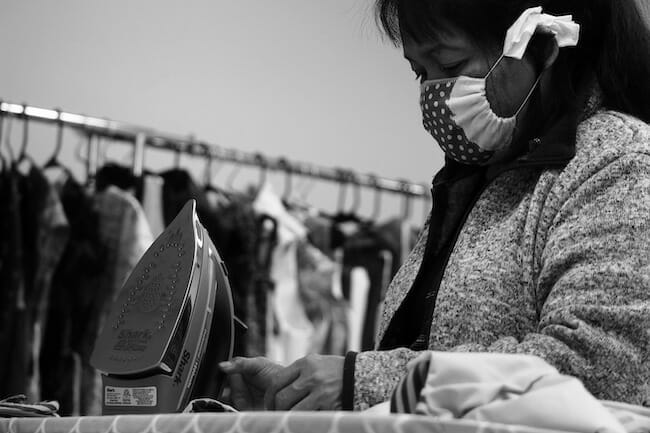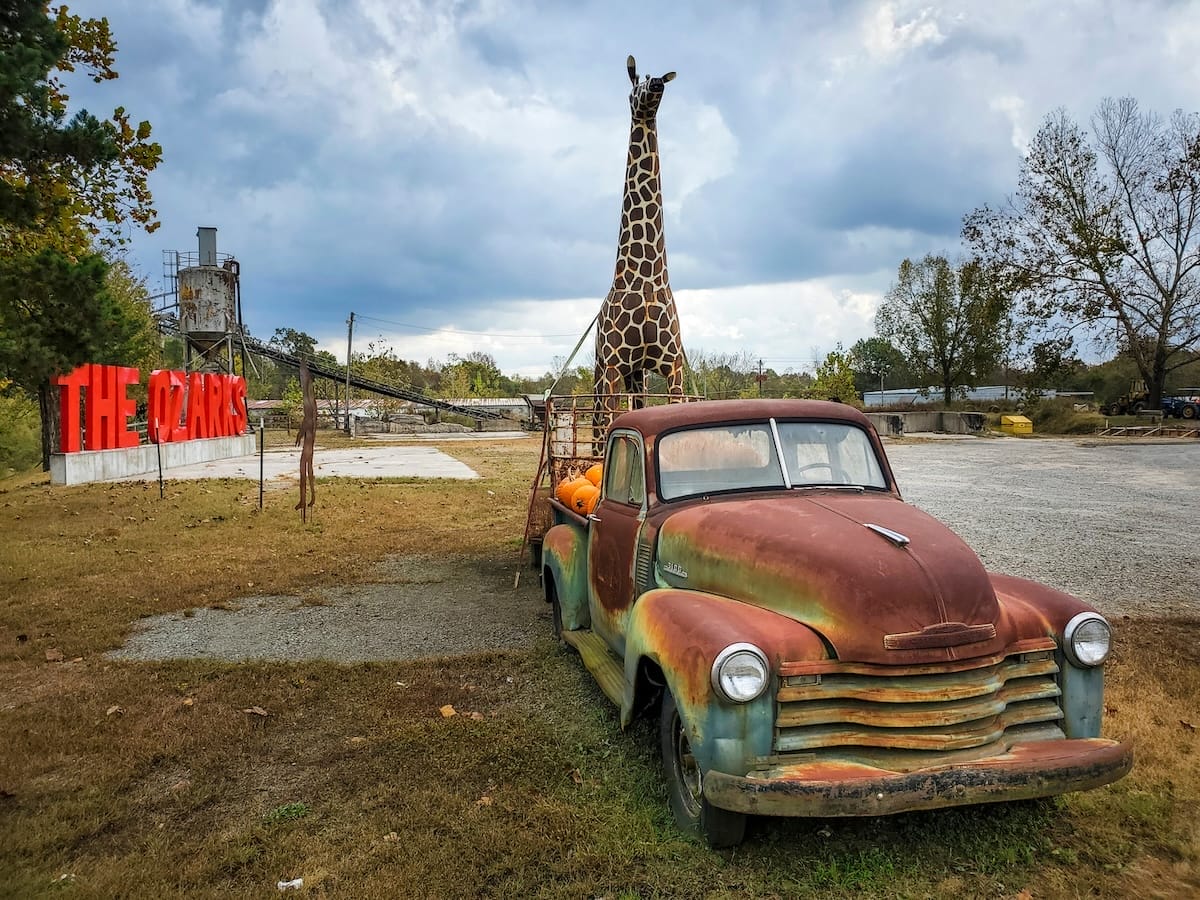

Uh oh...
It appears that you're using a severely outdated version of Safari on Windows. Many features won't work correctly, and functionality can't be guaranteed. Please try viewing this website in Edge, Mozilla, Chrome, or another modern browser. Sorry for any inconvenience this may have caused!
Read More about this safari issue.
Teacher and student in a classroom at school

Tutors to help children with reading, pick-up options for families with food insecurity, supplies for healthcare workers: throughout 2020, Arkansas nonprofit organizations scrambled to meet the needs of people they help as part of their everyday mission.
Many Arkansas nonprofits adapted and found ways to continue to serve during the pandemic. Here is an update on how two organizations worked through the obstacles and what they plan to do in the future.
AR Kids Read
For AR Kids Read, the loss of in-person connection between a child and an adult tutor was profound. That bond is foundational to the organization’s model. To “nurture a love for reading through relationships,” their volunteers typically go into schools and after-school programs to read to children in districts across central Arkansas, including Little Rock, North Little Rock, Pine Bluff, Jacksonville, Mayflower and Hot Springs.
Despite the disruption, they never once gave up on their vision for every child in the state to read on grade level. Instead, they confronted the challenging task of carrying on.
Sherra Bennett is the interim executive director of AR Kids Read. She framed the difficulty as an opportunity: something the team had to overcome to stay on mission. They worked through the logistical aspects of re-connecting tutors to children and launched a virtual version of their program. This expanded their reach and allowed them to serve more students when volunteers couldn’t come into the building.

“Unique challenges turned into promising opportunities. For the first time, we offered a virtual format, and the model has been successful.”
Already familiar with the technology, the children readily adapted. Fortunately, most of the children had access to Chromebooks via their school, which helped ensure they could still be read to, albeit across a screen.
For volunteers, the switch required more effort. Many are retirees who weren’t used to the same technology processes children today have grown up with. A handful of volunteers were understandably unable to continue, but many did, and it made Bennett proud to see their willingness to navigate the unfamiliar.
“Our tutors love the one-on-one connection with these children. They did a great job.”
Looking ahead, Bennett has advice for other charitable organizations when they meet up with a disruption.
“Be willing to push your organization further. Recognize that it takes time; it doesn’t have to happen rapidly. Pause and reflect. Ask what opportunities can come out of this and be open to reaching for those while still accomplishing your mission.”
To Partner With AR Kids Read
What AR Kids Read needs most are the partnerships and community support vital to their mission. See their website for more about how to partner with them.
The Arkansas Community Foundation
Arkansas Community Foundation is a statewide nonprofit that helps direct charitable dollars, connect resources, and develop solutions to improve local communities.
Jody Dilday, development director; Sarah Kinser, chief program officer; and Jessica Ford, chief communications officer, offered their thoughts on the last year and what things look like for the future.
How has this pandemic changed the nature of volunteering for nonprofits?
The pandemic limited the number of volunteers. Safety requirements to have personal protective equipment and sanitation and social distancing measures made operations difficult and expensive. Also, since the elderly are often the most consistent and long-term help, the pandemic affected the volunteer workforce.
How did the pandemic change things for volunteers?
There was a collective sense of “wanting to do something” to help, and we saw people respond in new ways. The switch to remote work allowed people to volunteer from home when possible with things like sewing masks and distributing hand sanitizer.

What has been learned that you think nonprofits can act on moving beyond the last year?
They can adopt more online outreach and engagement. Moving forward, nonprofits will likely use hybrid models of both in-person and virtual meetings, including donor meetings, mentoring and client services.
Since organizations had to move away from the gala and event-based fundraising, virtual events took their place. We expect this practice will continue. There will need to be a focus on telling the story of their work in new ways.
What do you want people to know about nonprofit organizations that you never get asked?
Like a business, nonprofits need income to sustain their operations. An important aspect of running a sustainable nonprofit is having healthy operating reserves, so when a crisis occurs, they can respond without deteriorating the assets.
Components that fall under “overhead” are critical to carrying out an organization’s mission: staffing, reliable technology, and a comfortable and welcoming workspace. Employees need good benefits, a living wage and staff development opportunities. These all help ensure that nonprofits retain a quality workforce of more than 12 million people in the United States.
What do charitable organizations need most from people who want to help?
They need financial support for infrastructure: subscriptions for Zoom, tablet devices, and technology upgrades cost money. And they need donors who have participated in past events to give at the same level they did before. Such generosity will take a lot of pressure off to host expensive events and leave more money for their mission.
To Partner with Arkansas Community Foundation
“Learn more about how to give smart” at Arkansas Community Foundation.
We do the work.
You check your email.
Sign up for our weekly e-news.
Get stories sent straight to your inbox!







Like this story? Read more from Rhonda Franz
Almost 30 years ago, a woman in Cherokee Village, Arkansas stood up in...
At Sacred Hollow Flower Farm in Lowell, Arkansas, guests belong among the...
In Lowell, Arkansas, on business Highway 71, surrounded by mechanic...
Join the Conversation
Leave a Comment